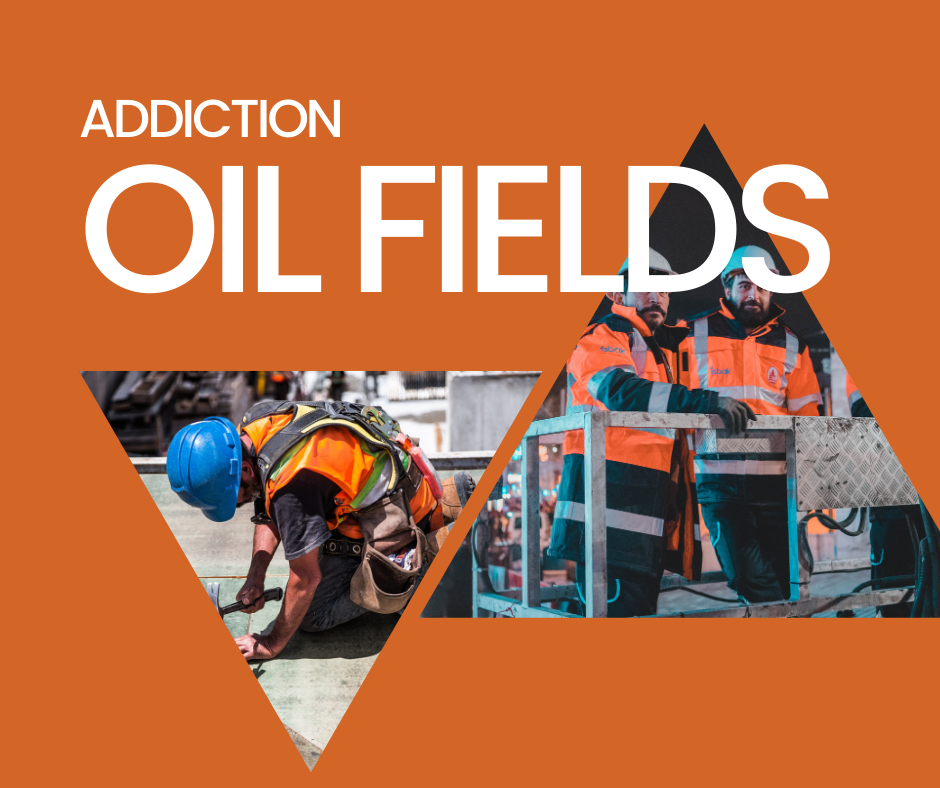
The allure of the oil industry is undeniable. Promises of high salaries, job stability, and the opportunity to work in a sector that fuels the global economy draw thousands to the oil fields every year. However, beneath the surface of prosperity and opportunity lies a dark and often overlooked reality: the prevalence of addiction and its devastating impact on oil workers.
The High-Stress Environment
The oil industry is characterized by long hours, physically demanding work, and periods of intense stress. Workers often spend weeks or months away from their families, isolated in remote locations with limited recreational options. This high-stress environment can lead to unhealthy coping mechanisms, including substance abuse. Alcohol, prescription medications, and illicit drugs become a way to unwind and escape the pressures of the job.
Financial Temptation and Access
The substantial incomes earned by oil workers can exacerbate the problem. With large amounts of disposable income and little opportunity to spend it constructively, many find themselves turning to drugs and alcohol. The availability of these substances in oil towns, often known for their transient populations and minimal law enforcement presence, further fuels this cycle of addiction.
Isolation and Mental Health
Isolation is another significant factor contributing to addiction in the oil fields. Workers are often far from their support networks, leading to feelings of loneliness and depression. The stigma surrounding mental health issues in this traditionally macho industry means that many workers are reluctant to seek help. Instead, they self-medicate with substances, perpetuating a vicious cycle of addiction and mental health decline.
The Culture of Toughness
The oil industry has a long-standing culture of toughness and resilience. Workers are expected to endure physical discomfort and mental stress without complaint. This culture discourages seeking help for addiction or mental health issues, viewing it as a sign of weakness. Consequently, many workers suffer in silence, their addictions worsening over time.
The Impact on Families and Communities
The effects of addiction extend beyond the individual workers, impacting their families and communities. Families of oil workers often experience significant emotional and financial strain. The instability and unpredictability associated with addiction can lead to broken relationships, financial difficulties, and a lack of emotional support for children and spouses. Communities in oil-rich regions also suffer as addiction rates rise, leading to increased crime, strained public services, and a general decline in the quality of life.
Addressing the Issue
Addressing addiction in the oil fields requires a multi-faceted approach. Companies must prioritize the mental and physical well-being of their workers, implementing comprehensive health and wellness programs. These programs should include regular mental health screenings, access to counseling services, and educational initiatives to reduce the stigma surrounding addiction and mental health issues.
Additionally, creating a supportive work environment that encourages workers to seek help without fear of retribution is crucial. Employers can establish confidential reporting systems and provide resources for treatment and rehabilitation. Community-based support systems, including local health services and outreach programs, are also essential in addressing the broader impact of addiction in oil towns.
The dark side of wealth and addiction in the oil fields is a complex and multifaceted issue. While the industry offers substantial financial rewards, it also presents significant challenges that can lead to substance abuse and addiction. By acknowledging these challenges and implementing comprehensive support systems, the oil industry can take meaningful steps toward addressing addiction and improving the overall well-being of its workforce. The path forward requires a collective effort from employers, communities, and individuals to break the cycle of addiction and create a healthier, more supportive environment for all.
